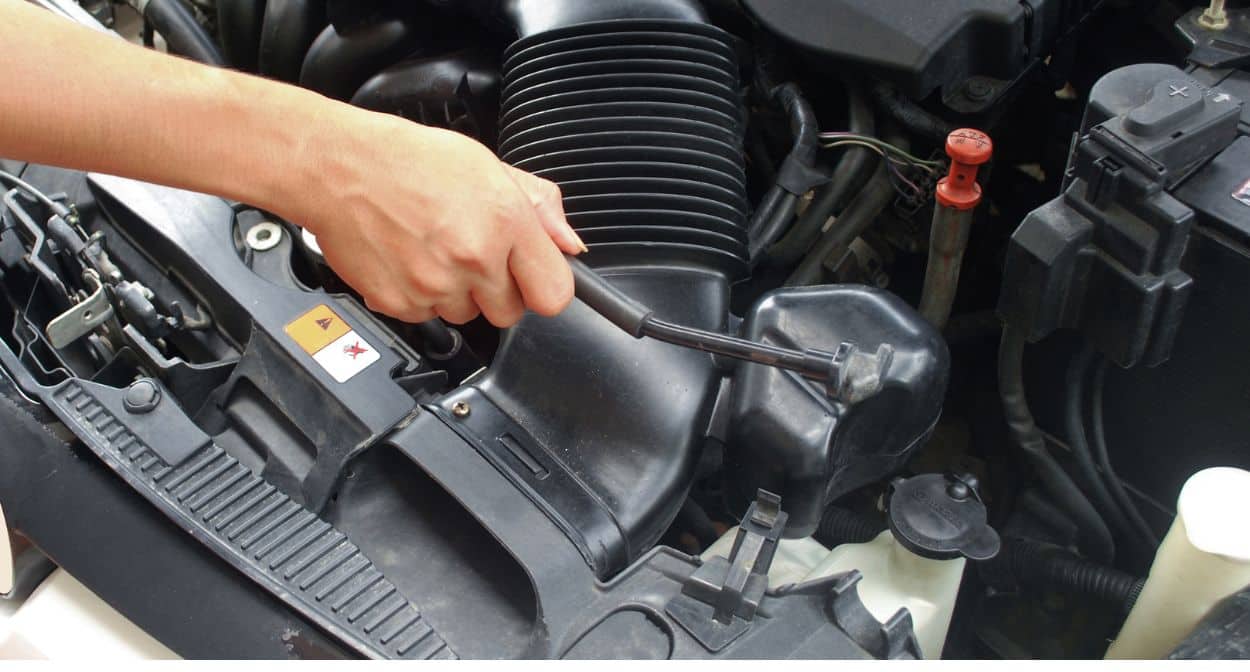Today’s society is becoming increasingly aware of environmental issues and everyone is trying to do their part in protecting the earth. One easy way to do your part is by switching to a hybrid vehicle. Completely eco-friendly, the hybrid car emits significantly less pollutants into the air than other vehicles. In return, it causes less smog and less damage to our environment. One of the hybrid’s most popular models, the Toyota Prius, is not only eco-friendly, but also has a smaller engine which makes it extremely good on gas.
When looking for a hybrid vehicle, there are several different models to choose from. One of the most common is the electric-petroleum model. The Toyota Prius being one of these, these vehicles are named as such because they are both electric and gasoline powered at the same time. The electric motor is used to power the wheels and the gasoline, well, we all know what that does.
Because hybrid vehicles are designed with internal combustion engines, they put a large amount of pressure on the fuel system to function properly. If the fuel system does not function efficiently, fuel will not be stored properly, will not stay clean, and will not make it to the engine’s cylinder.
One thing that the hybrid does have in common with other vehicles is that it uses the fuel tank to store gasoline. The difference is that hybrids are designed with a bladder fuel tank which is smaller than regular tanks. As fuel is added, the tank will expand. As it lessens, the tank will contract. Such a function leaves less room for fuel to evaporate and less vapor emissions are released into the air.
In addition to bladder fuel tanks, hybrids also have an EVAP (Evaporative Emission Control System). This system is designed specifically to help reduce emissions, ensuring that vapors for the fuel tank and fuel system are not released into the atmosphere.
While not all do, there are some hybrid’s that use two types of gasoline. Of course, different types of gasoline cannot be stored in the same tank. As such, vehicles that have this option generally have what is called a “parallel fuel system” or two different gas tanks.
There are several benefits that come along with owning a hybrid. Included within these are:
- Your vehicle will release less harmful emissions into the air
- Your fuel efficiency will be increased
- Your vehicle will become more resistant to damage caused by extreme temperatures, shock, stress, or vibrations
- Hybrids have cleaner engines in which oil lasts longer. As such, you will not have to pay as much in the way of maintenance fees.
As the health of the environment becomes more and more of a concern, we are likely to see more and more hybrid vehicles on the road. Not only are these vehicles eco-friendly, but they are also much more fuel efficient than other vehicles. In addition, they are built stronger and will rack up less in the way of repair bills than regular cars. What more could you ask for in a vehicle?
See our post about How to Keep Your Vehicle Looking Like New.



